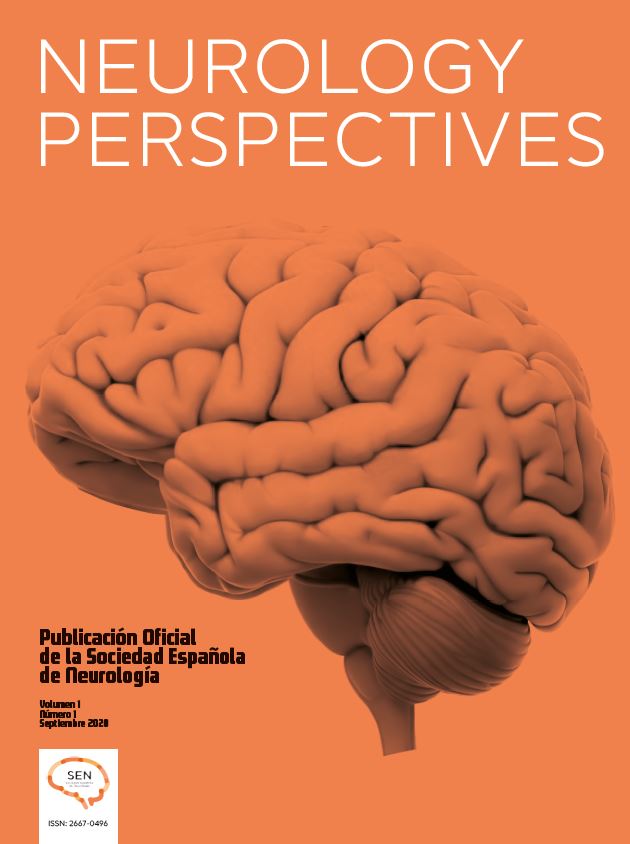Los antagonistas de la vitamina K han demostrado su eficacia en la prevención primaria y secundaria del embolismo sistémico y embolismo cerebral en pacientes con fuentes cardíacas de émbolos, especialmente la fibrilación auricular. La reducción del riesgo de ictus es más notable en prevención secundaria, aunque se acompaña de un riesgo inherente de complicaciones hemorrágicas, entre las que es especialmente grave la hemorragia cerebral. Su ventana terapéutica es limitada y el mejor perfil de beneficio/riesgo se obtiene con un cociente internacional normalizado entre 2 y 3. El efecto anticoagulante obtenido muestra una marcada variabilidad, lo que obliga a la monitorización clínica, y también analítica, frecuente del tratamiento. Se precisa la introducción de anticoagulantes orales que faciliten su administración con igual o mejor eficacia y menor riesgo.
Vitamin K antagonists have been shown to be effective in the primary and secondary prevention of systemic and cerebral emboli in patients with cardiac causes of embolism, especially atrial fibrillation. The reduced risk of stroke is greater in secondary prevention, although this reduction is accompanied by an inherent risk of hemorrhagic complications, among which cerebral hemorrhage is especially serious. The therapeutic window of these agents is limited and the best benefit/risk profile is obtained with an INR of between 2 and 3. The anticoagulant effect obtained shows marked variability, requiring frequent clinical and laboratory monitoring of the treatment. The introduction of oral anticoagulants that would aid the administration of these agents with equal or greater efficacy and lower risk is required.






